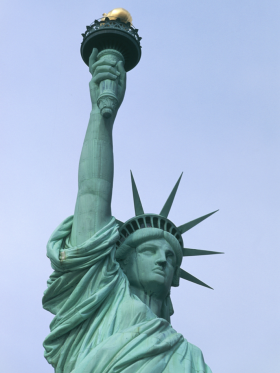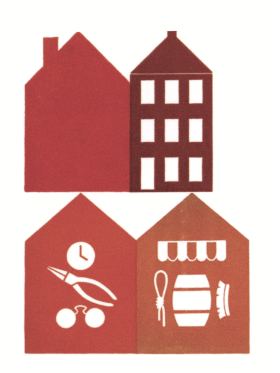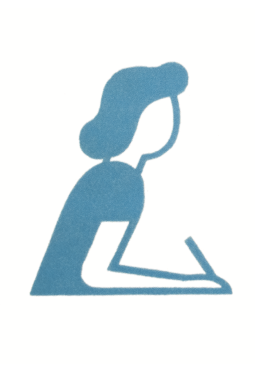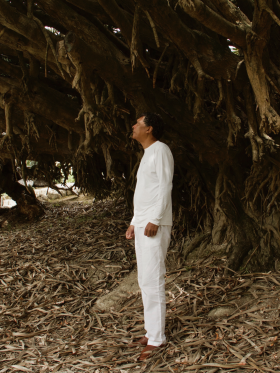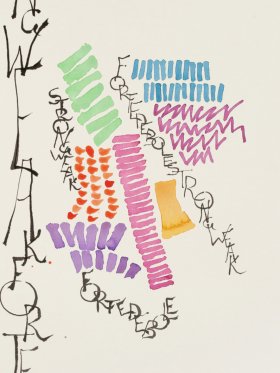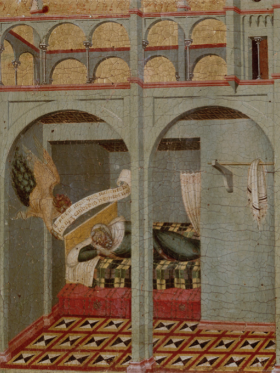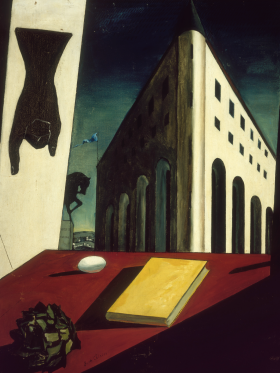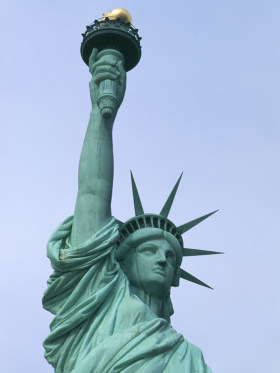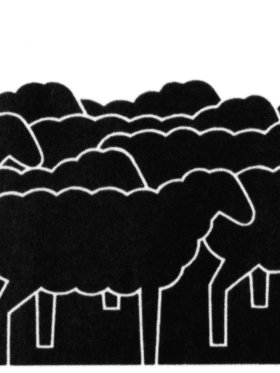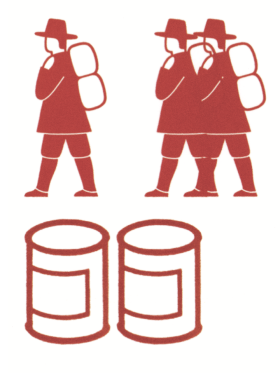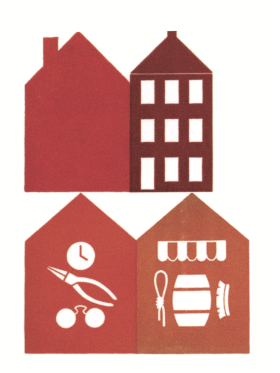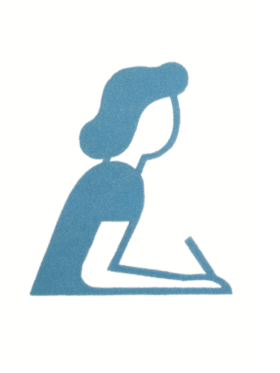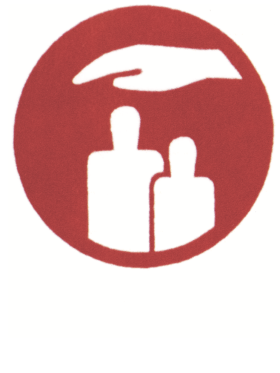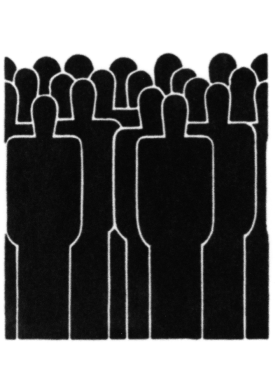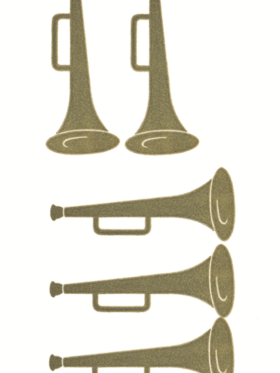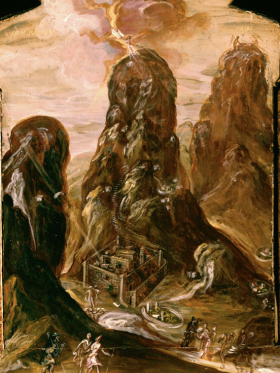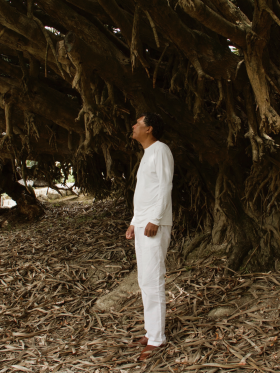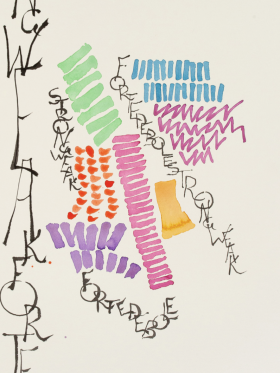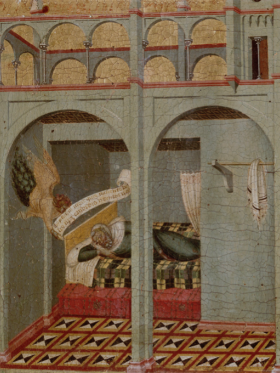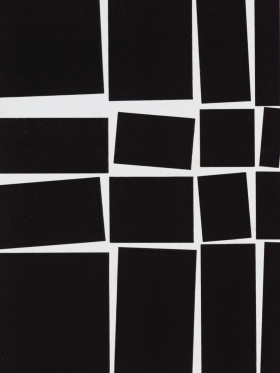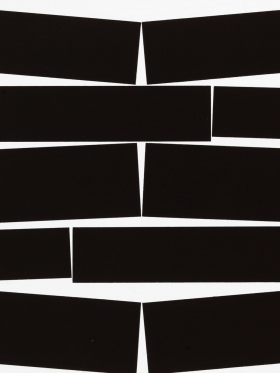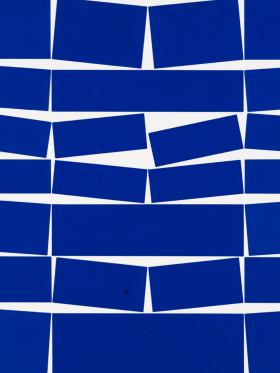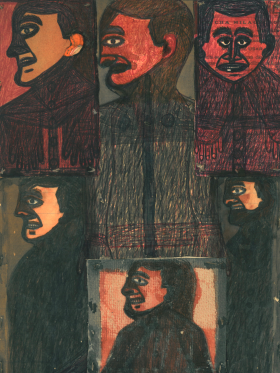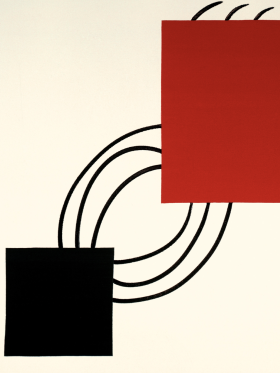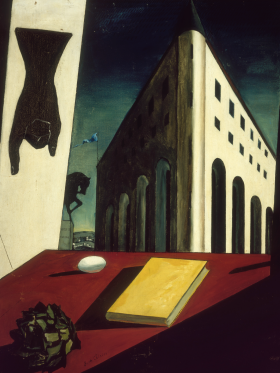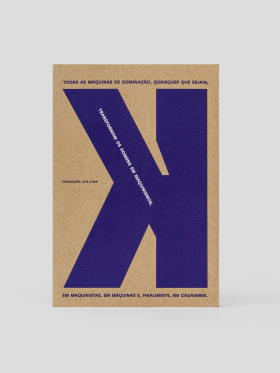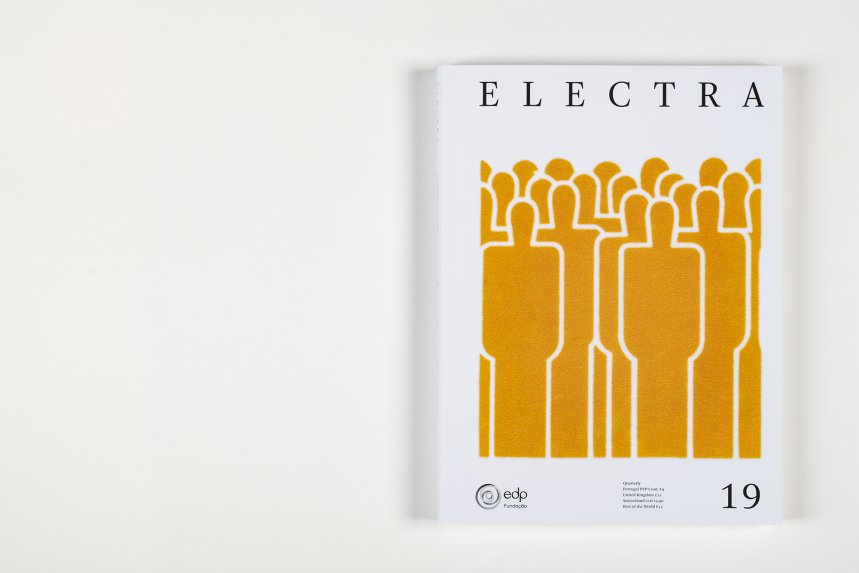
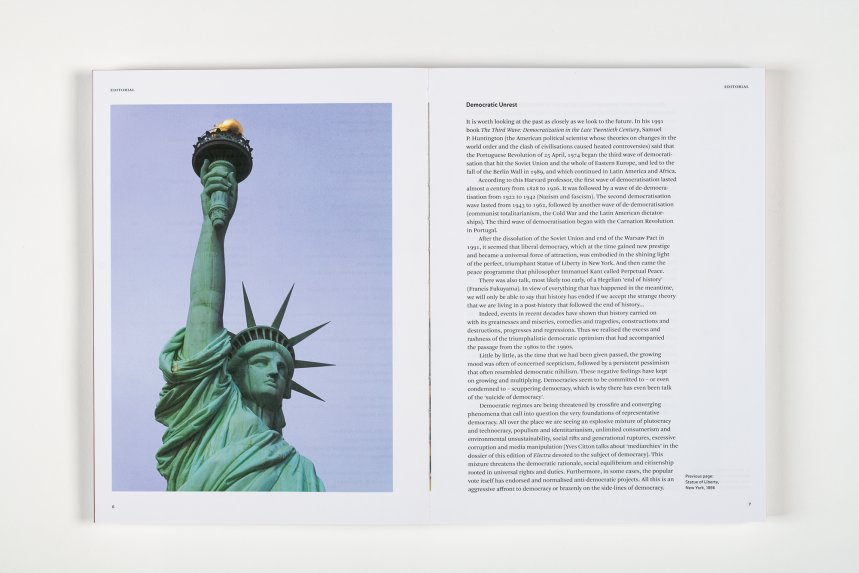
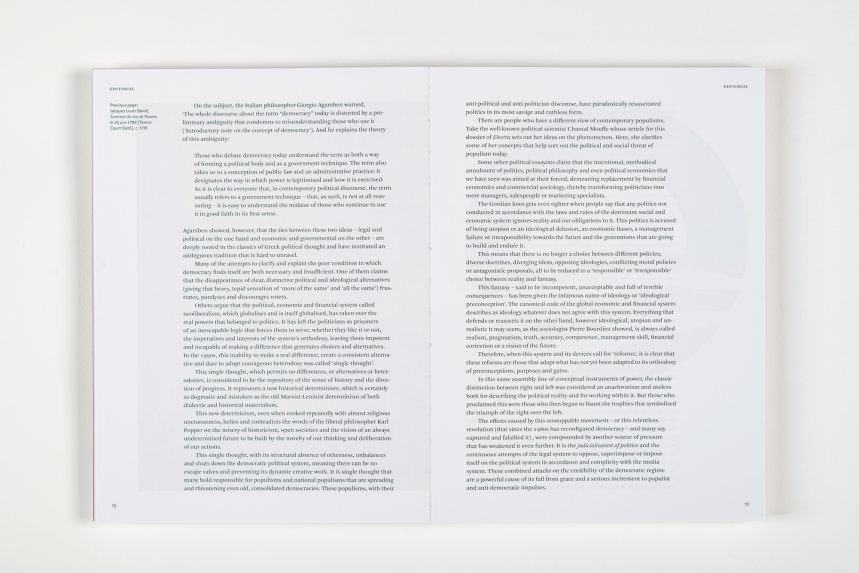
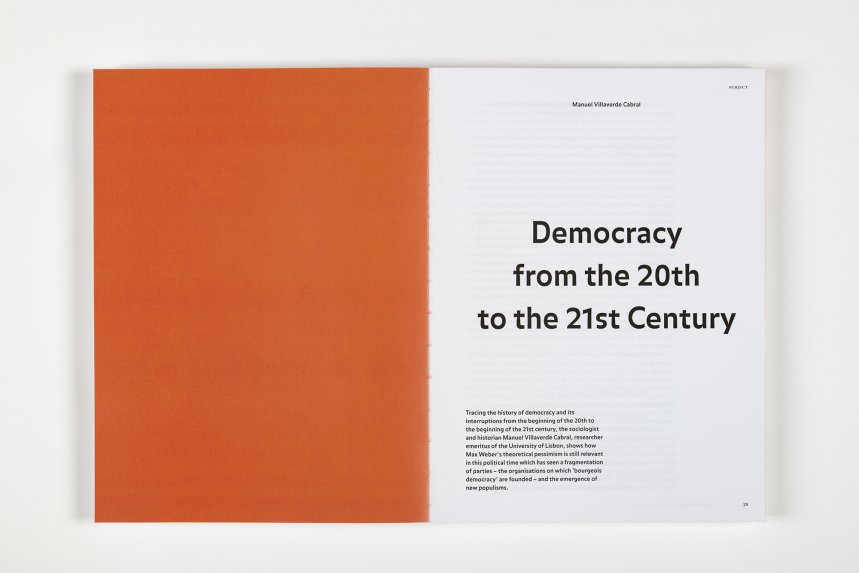
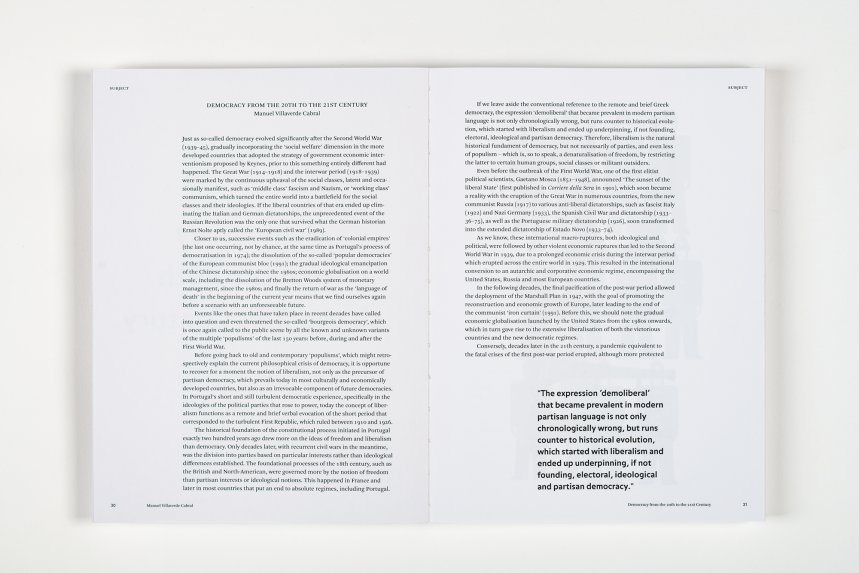
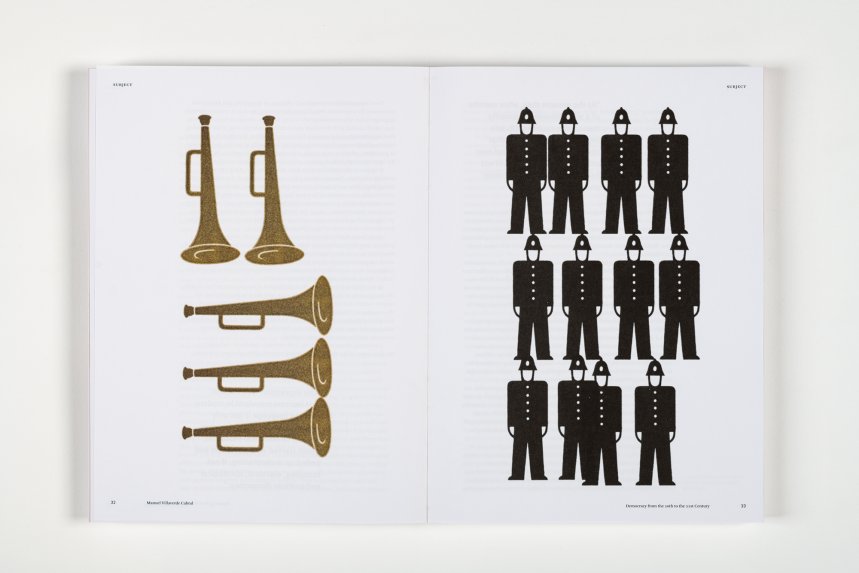
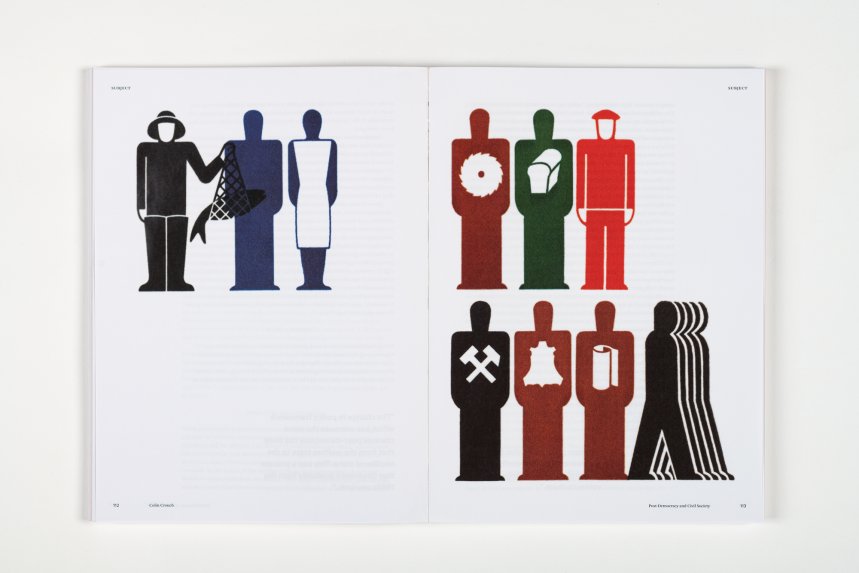
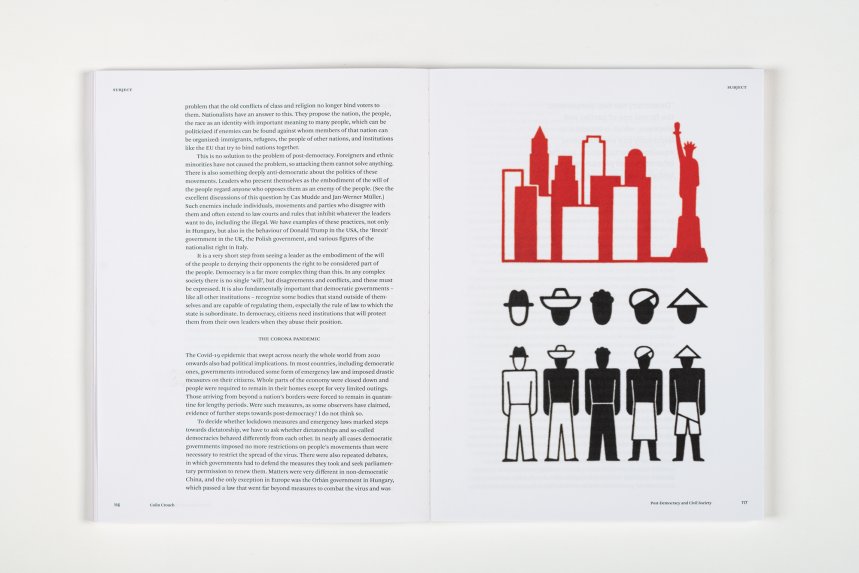
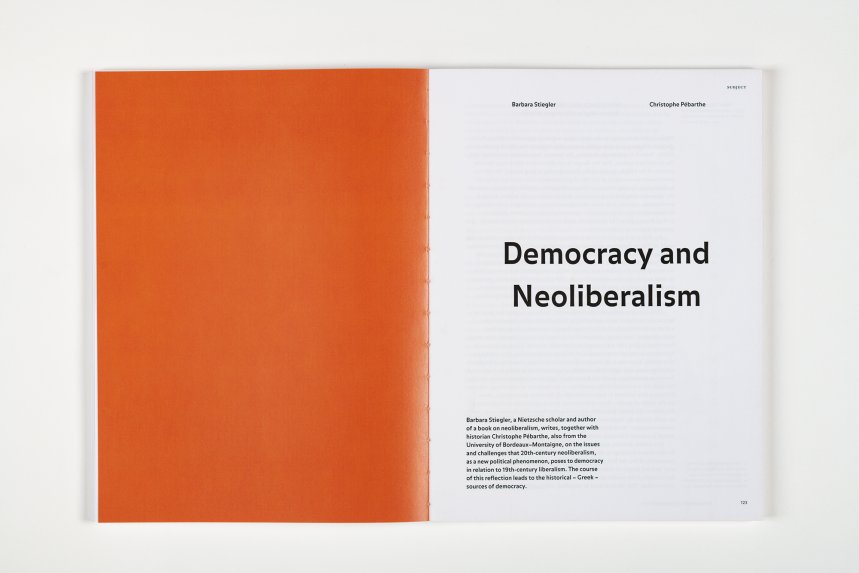
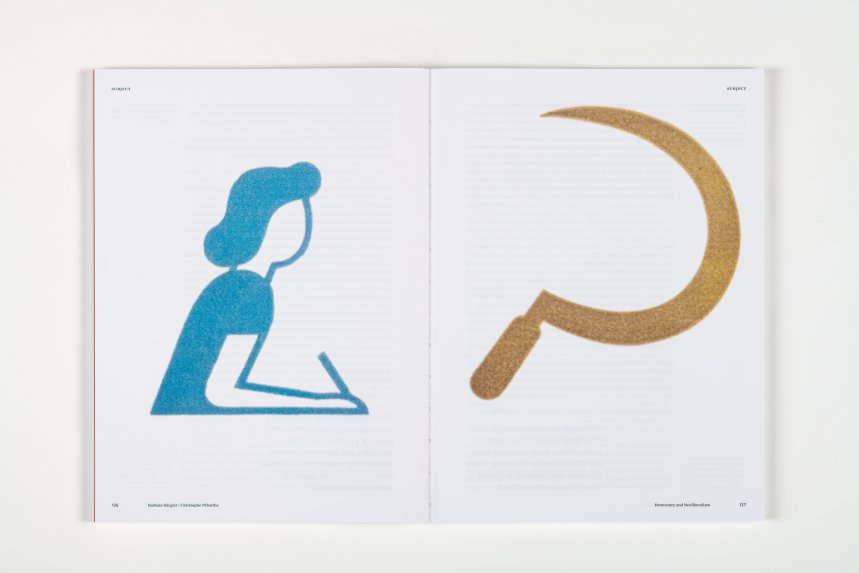
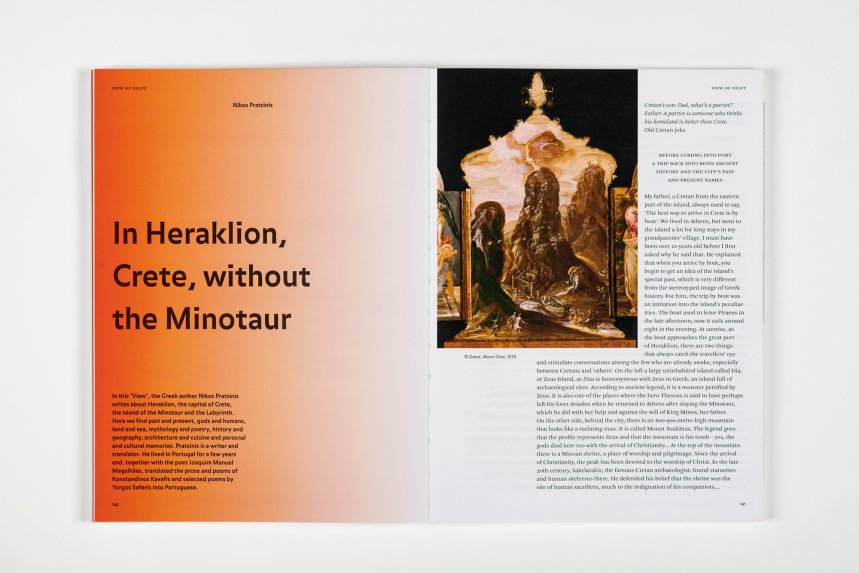
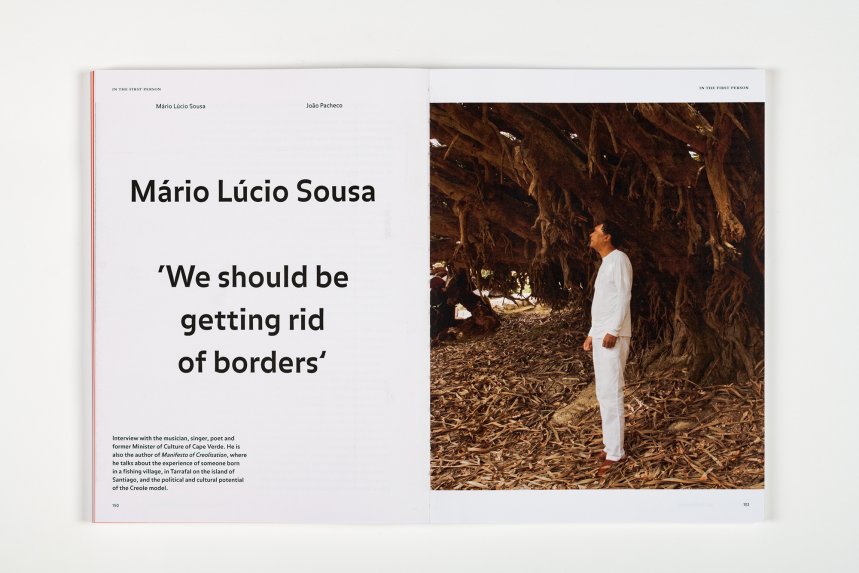
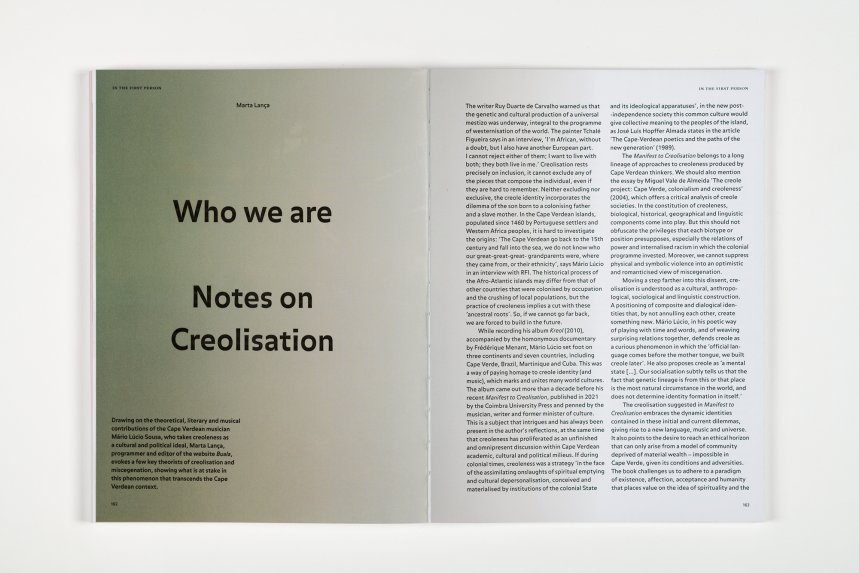
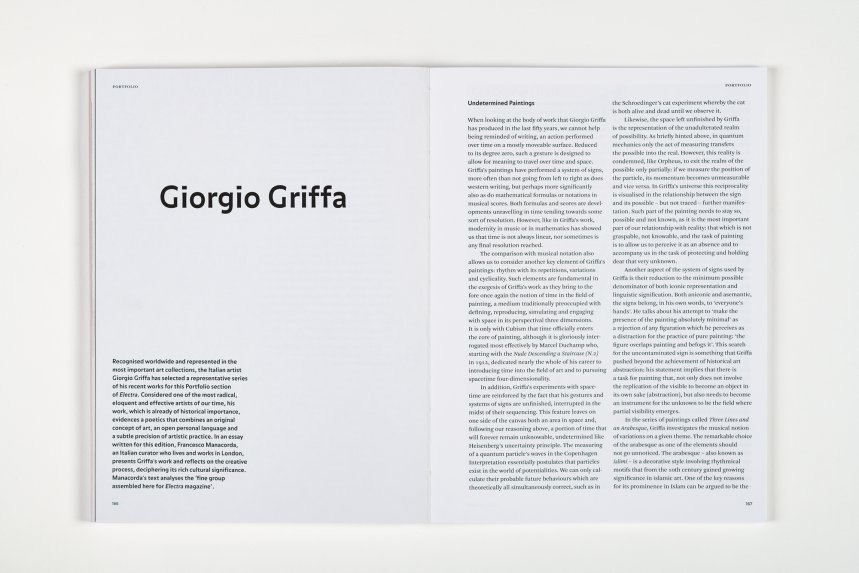
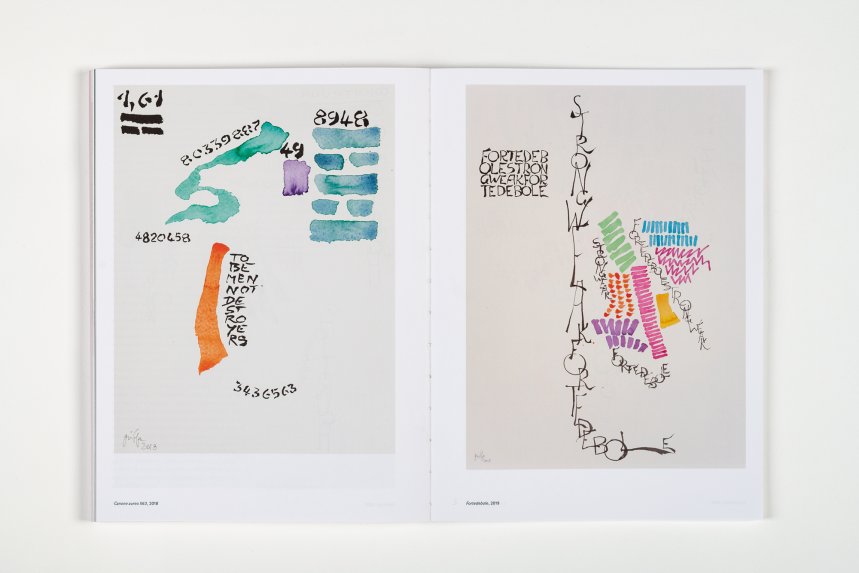
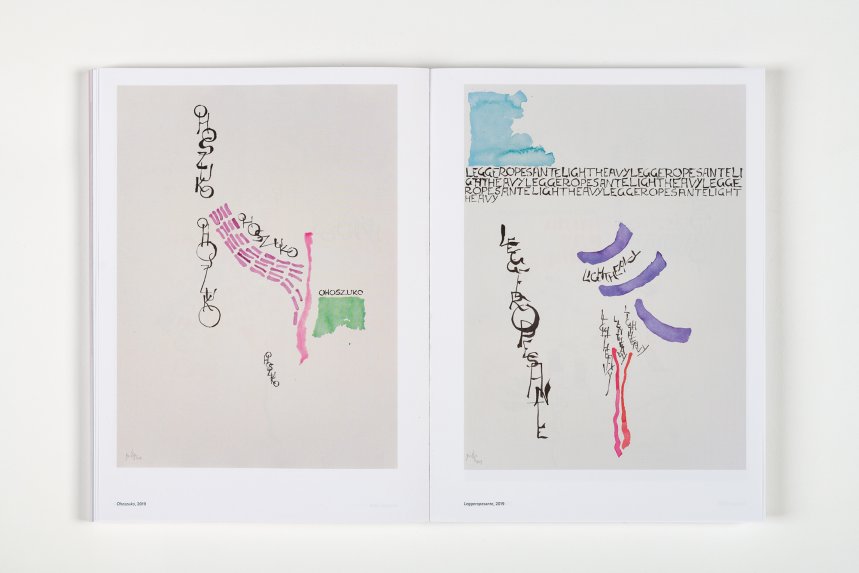
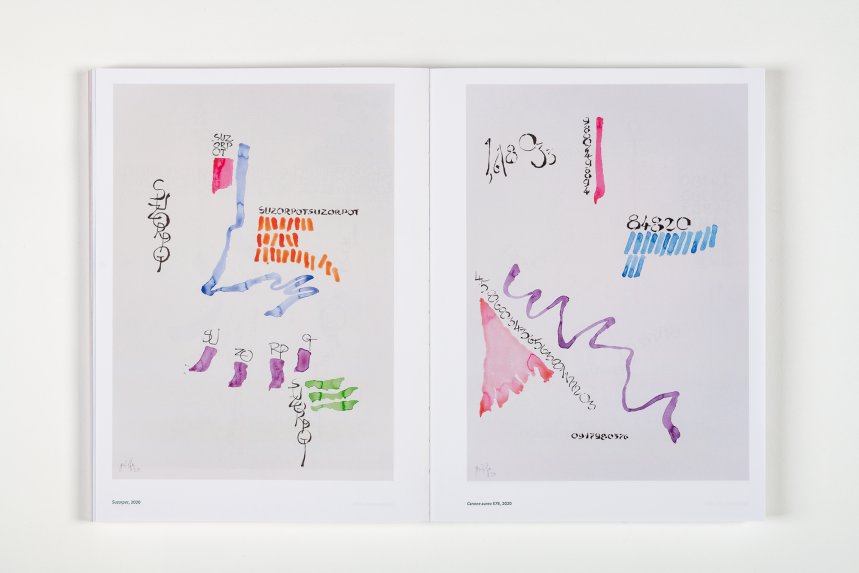
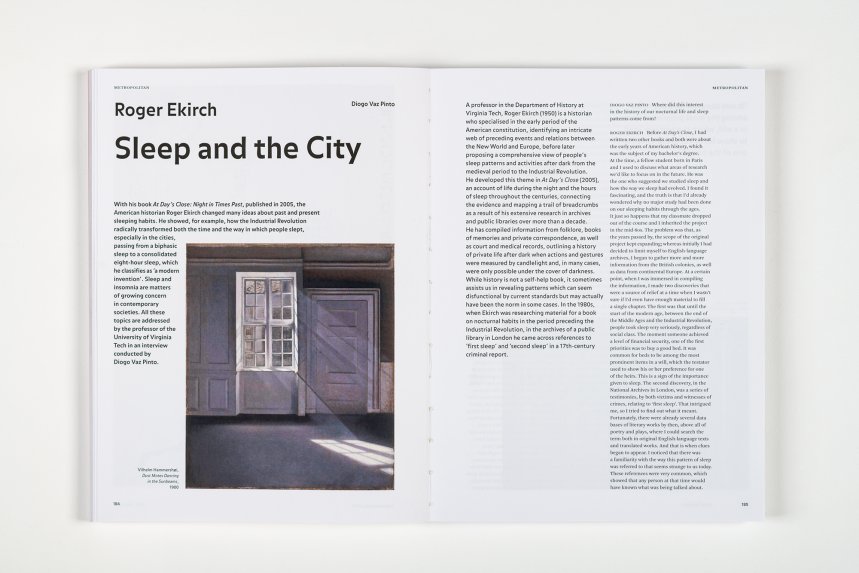
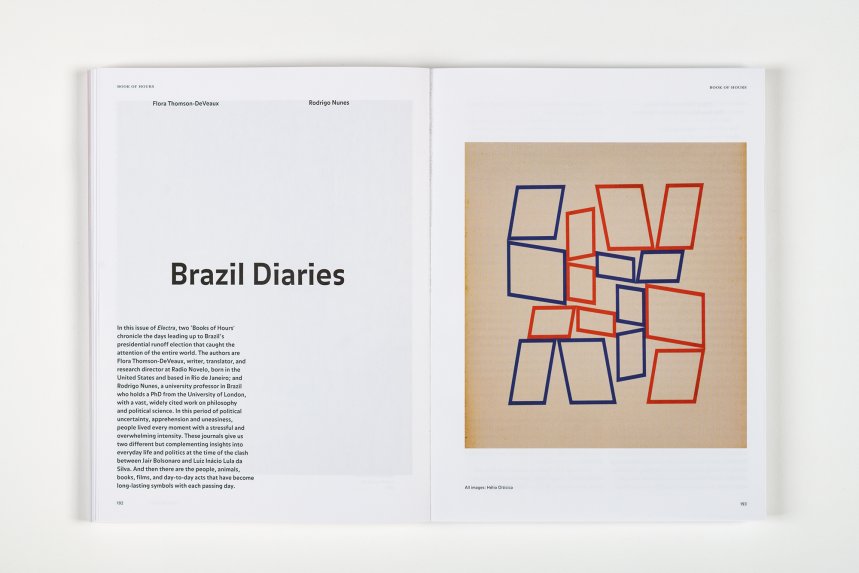
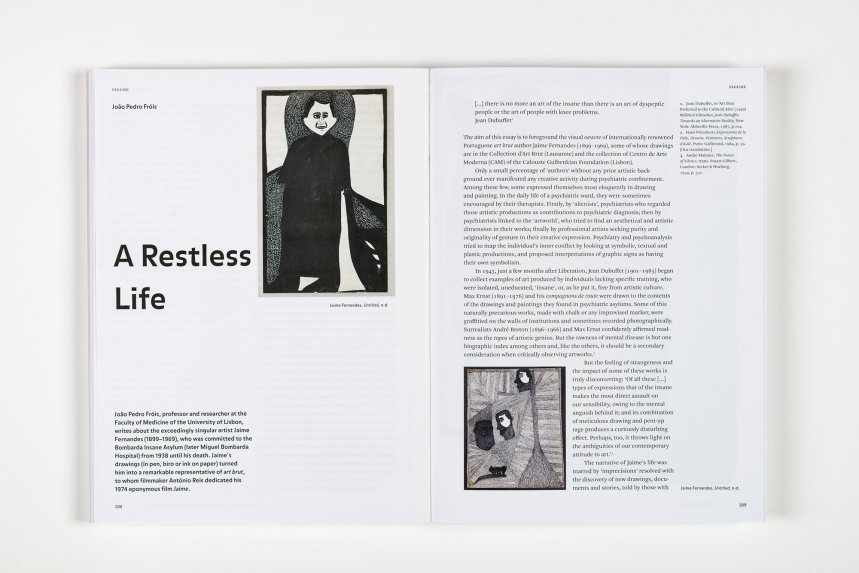
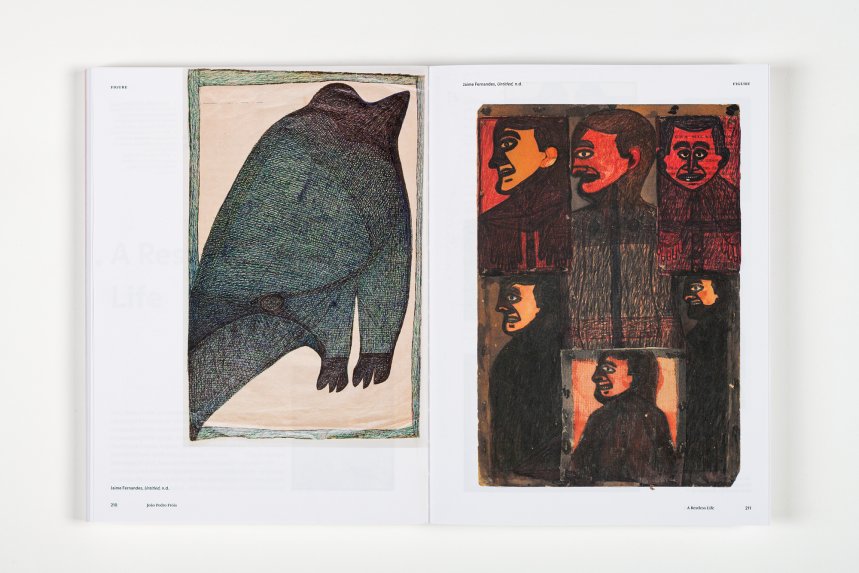
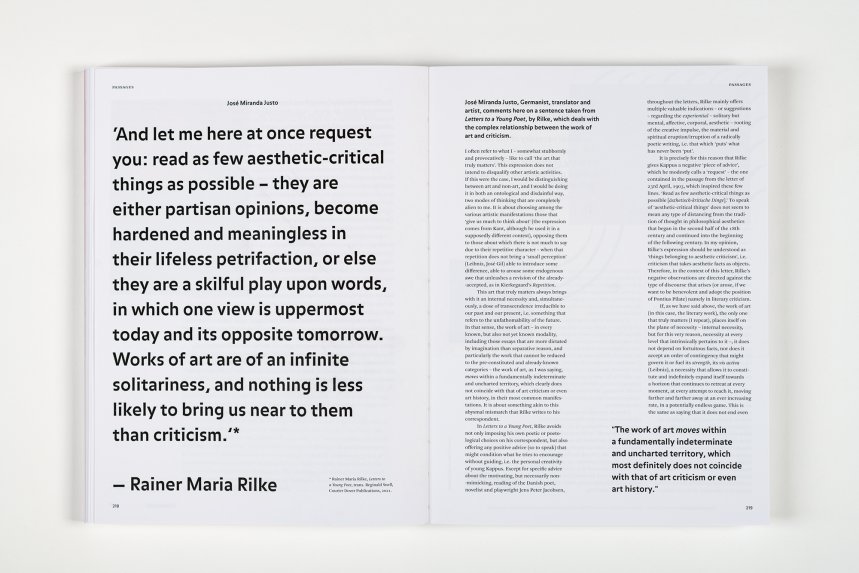
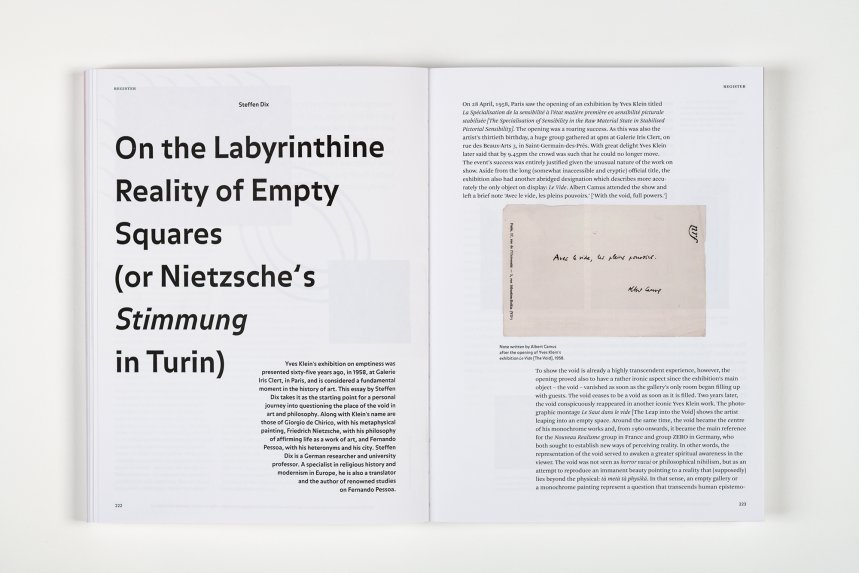
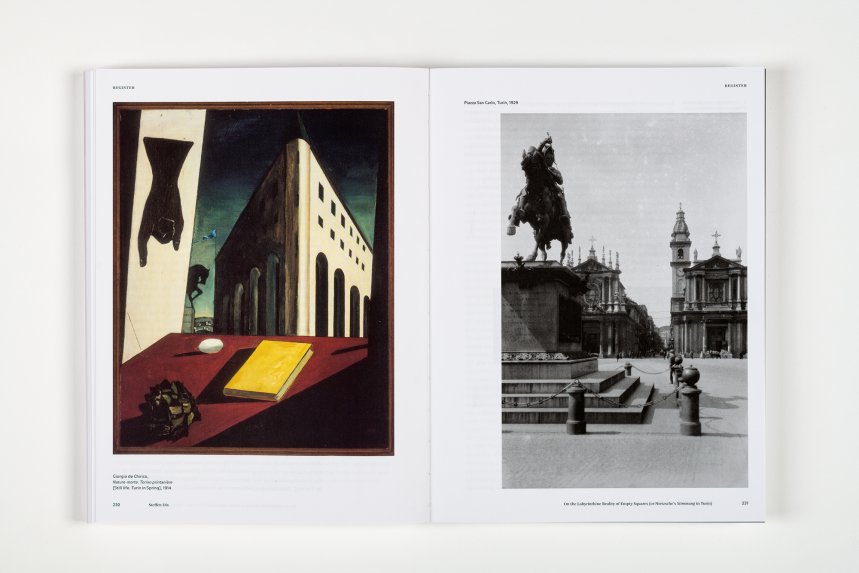
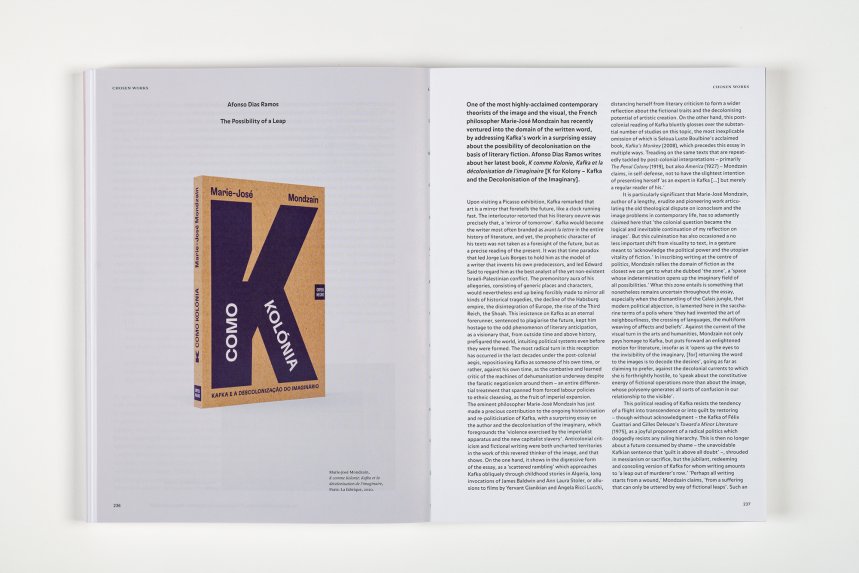
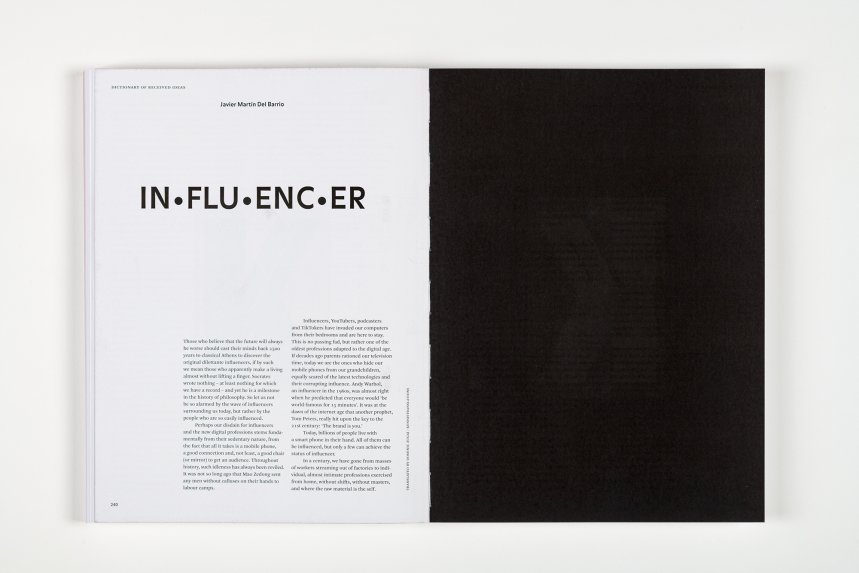
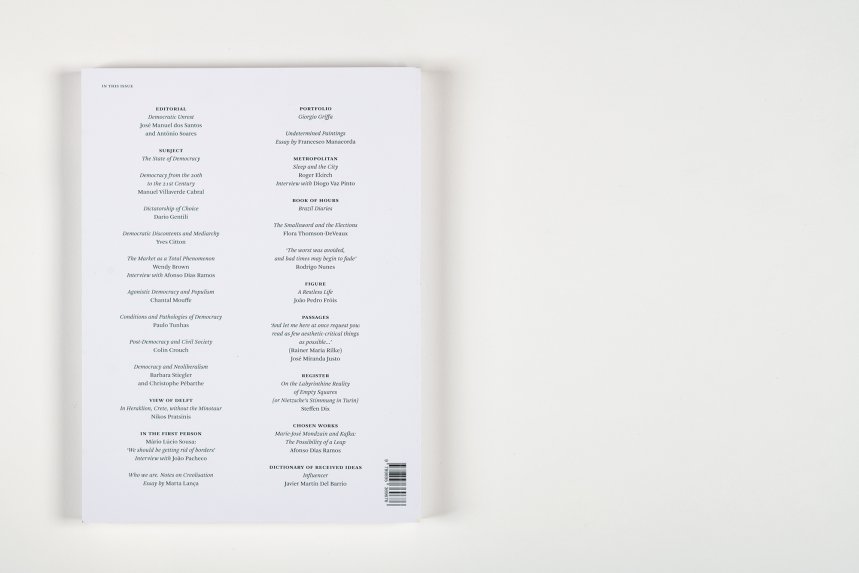
We have grown accustomed to hearing a chorus of voices talking about a "crisis of democracy", a "the unease in/of democracy”, or the ailing “state of democracy”. Democratic regimes are being threatened by crossfire and converging phenomena that call into question the very foundations of representative democracy. Everywhere we find an explosive mix of plutocracy and technocracy, populism and identitarianism, unlimited consumerism and environmental destruction, social fracturing and generational rupture, excessive corruption and media manipulation. From this situation, ripe for discussion and diagnosis, emerges the central theme of this issue of Electra: The State of Democracy. This topic is the starting point to question the various challenges and risks of our current democratic drift, in a dossier that includes texts and interviews by Wendy Brown, Yves Citton, Colin Crouch, Dario Gentili, Chantal Mouffe, Christophe Pébarthe, Barbara Stiegler, Paulo Tunhas and Manuel Villaverde Cabral, accompanied by an editorial by José Manuel dos Santos and António Soares.
This issue's “In the First Person” looks at Mário Lúcio Sousa, a musician, singer, poet, former Minister of Culture in Cape Verde, and author of Manifesto a Crioulização [Manifesto of Creolisation]. In conversation with João Pacheco, he speaks of the experience of being born in a fishing village in Tarrafal on the island of Santiago, and of the political and cultural potential of the Creole model. Based on the theoretical, literary and musical interventions of Mário Lúcio Sousa, which take creoleness as a cultural and political ideal, an article by Marta Lança accompanies this interview.
At a time when sleep and insomnia are growing concerns, North American historian Roger Ekirch, in an interview with Diogo Vaz Pinto for the "Metropolitan" section, talks about his research that questions prevailing ideas about sleep, past and present, about the transformation of time and our manner of sleeping, and about how nights were formerly spent.
Considered one of the most radical, eloquent and effective artists of our time, Giorgio Griffa is the author of the “Portfolio” for issue 19 of Electra, presenting a representative series of his most recent works, accompanied by an essay by curator Francesco Manacorda.
The “Book of Hours” section publishes diaries by Flora Thomson-DeVeaux and Rodrigo Nunes, recounting the weeks leading up to the latest Brazil’s presidential runoff election, when that country was the centre of everybody's attention.
Also in this issue of Electra, artist and translator José Miranda Justo comments on a phrase by Rainer Maria Rilke about the complex relationship between the work of art and criticism; Nikos Pratsinis writes about Heraklion, the capital of Crete, the island of the Minotaur and the Labyrinth; researcher and professor Steffen Dix takes a look at the place of emptiness in art and philosophy; journalist Javier Martín Del Barrio tells us about Influencers; researcher João Pedro Fróis tells us about the restless life of a very singular artist, Jaime Fernandes; and Afonso Dias Ramos writes about Marie-José Mondzain's latest book, K comme Kolonie: Kafka et la décolonisation de l’imaginaire [K for Kolony – Kafka and the Decolonisation of the Imaginary].
